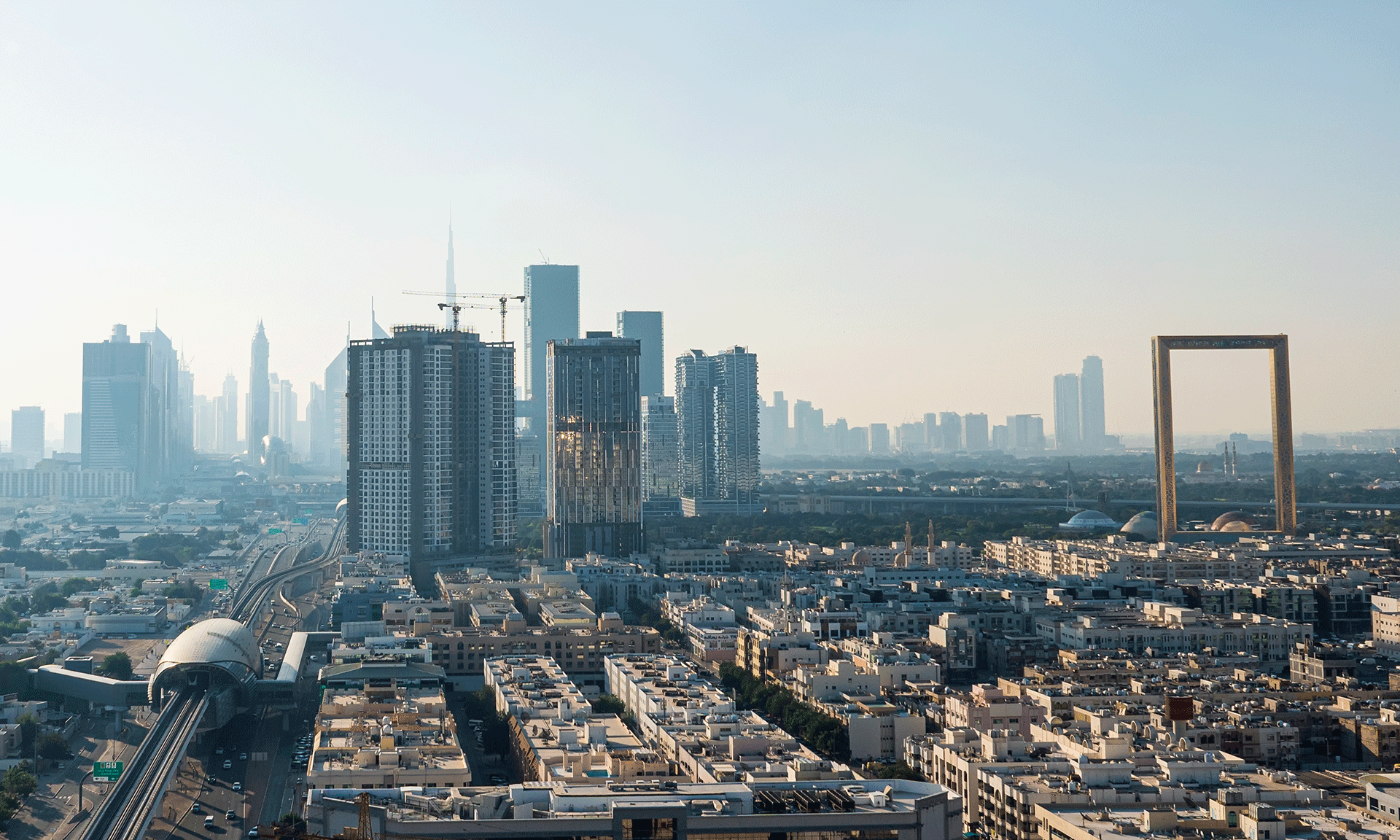Overview
As UAE takes giant strides toward becoming an international hub for virtual assets and generating long term economic growth through digital innovation, the country announces a new law for regulating virtual assets and creating a regulated onshore industry for such assets in Dubai.
On February 28, 2022, Law No. 4 of 2022 on the Regulation of Virtual Assets in the Emirate of Dubai, the “Virtual Assets Law” was approved by Sheikh Mohammed bin Rashid Al Maktoum, the Vice President and Ruler of Dubai.
The Virtual Assets Law applies to virtual asset services extended throughout the Emirate of Dubai and its special development and economic free zones with the only exception being the financial services free zone, Dubai International Finance Centre (DIFC).
Key Features of the Virtual Assets Law
1. A New Regulator for Virtual Assets
The Virtual Assets Law establishes the Dubai Virtual Assets Regulatory Authority (VARA) as the primary regulator of virtual assets in Dubai that is affiliated with the Dubai World Trade Centre Authority (DWTC). Under the Law, VARA focuses on promoting Dubai’s status as a regional and international destination in the virtual assets category and enhancing the digital economy of the emirate.
2. Broad Scope of the New Law
The scope of the Virtual Assets Law is large and the definition is quite broad. The new law defines virtual assets as a digital representation of value that can be traded, transferred, or used as an exchange or payment instrument or for investment purposes and can include tokens, cryptocurrencies and any other virtual asset determined by VARA.
3. Enforcement
The Virtual Assets Law came into force on March 11, 2022, and when the new law was published in the Official Gazette.
4. Authorization and Licensing Requirements
A broad range of activities requires authorization from VARA under the Virtual Assets Law, article 16. The Virtual Assets Law stipulates that applicants must establish Dubai as the headquarters for their business and must obtain a commercial business license from the relevant licensing authority in Dubai.
The Virtual Asset Law prohibits certain activities without authorisation from VARA. These activities include
- Platform operations and management services for virtual assets
- An exchange between virtual assets and currencies, whether domestic or foreign
- Exchange between one or more forms of virtual assets
- Transfer of virtual assets
- Any custody as well as management and control of virtual assets
- Virtual asset portfolio services, and
- Virtual offering and trading services
5. Liaise with other Authorities
VARA is expected to liaise with the UAE Central Bank to implement measures to ensure the protection and stability of the financial system.
6. Responsibilities of the New Regulatory Authority
VARA, the new regulator has a broad mandate and some of the key responsibilities include
- Ensuring beneficiary data protection
- Regulating the operation and management of virtual asset platforms, service providers and all that relates to virtual assets, and
- Authorizing exchange services between virtual assets and currencies or between one or more forms of virtual assets
Besides, VARA is also responsible for organizing, supervising and controlling the issuance and offering of virtual assets as well as prevention of illegal practices for increased transparency.
7. Economic Sanctions and Penalties
As per Virtual Assets Law, VARA is authorized to take various penal and economic sanctions including suspension authorizations, suspension of the activities of any virtual asset service provider and suspension of business dealings with any virtual assets in certain situations.
Conclusion
UAE is the Middle East’s third-largest crypto market, with a transaction volume exceeding $25 billion. There have also been several new developments in the regulation of virtual assets recently. Dubai Multi Commodities Centre (DMCC), the largest free zone in the UAE, set up a regulatory framework for crypto firms in collaboration with the Securities and Commodities Authority (SCA) in March 2021. Abu Dhabi Global Market (ADGM) has already enacted laws and regulations for controlling virtual crypto assets in its jurisdiction.
The recent enactment of the Virtual Assets Law together with these developments reflects the ever-growing interest in virtual assets in the UAE suggesting the country’s ever-growing willingness to embrace new innovative technologies and transform itself into a global leader in the sphere of virtual asset and blockchain technology.














